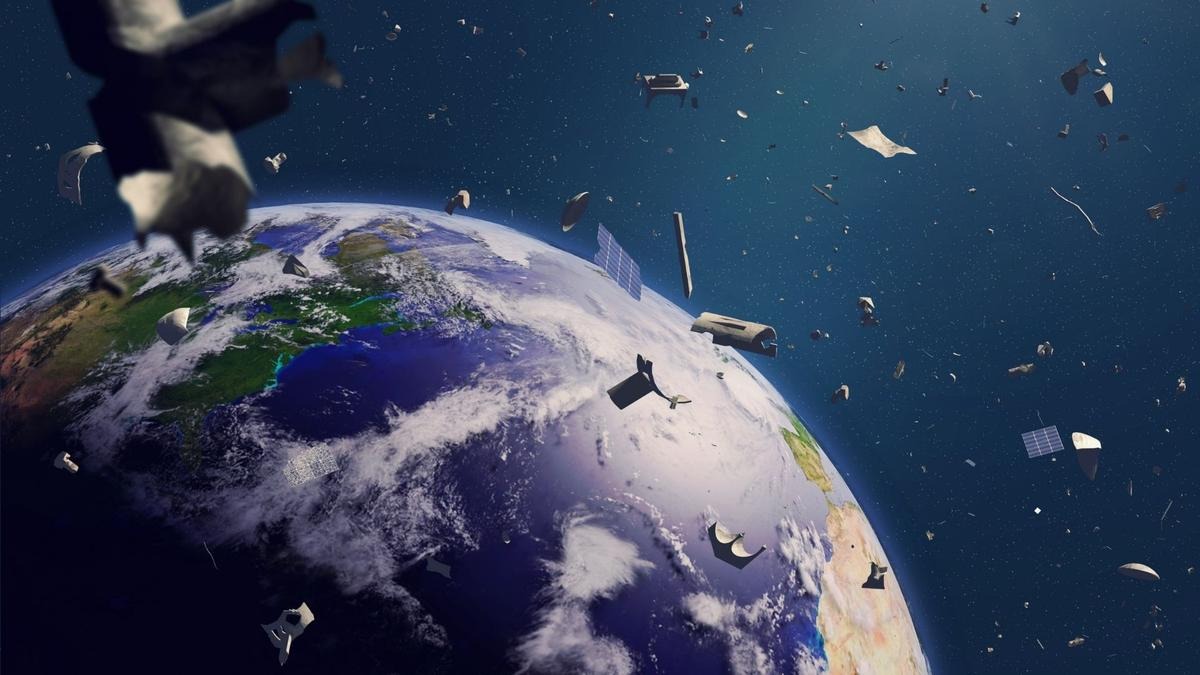Astronauts aboard the International Space Station have been instructed to hide in their spacecraft because of the threat of collision with debris from a crashed satellite. LeoLabs, a company that monitors space debris, reported the destruction of the Russian satellite Resurs-P1, launched in June 2013, resulting in more than 100 fragments.

“Early indications are that a non-operational Russian spacecraft, Resurs P1 (SATNO 39186), released a number of fragments between 13:05 UTC 26 June and 00:51 UTC 27 June.,” LeoLabs said.
Fortunately, no one was hurt.
“Mission Control continued to monitor the debris trajectory and after about an hour, the crew was allowed to leave the spacecraft and the station resumed normal operations,” Station X’s official account said.
LeoLabs has detected a debris-generating event in Low Earth Orbit.
— LeoLabs (@LeoLabs_Space) June 27, 2024
Early indications are that a non-operational Russian spacecraft, Resurs P1 (SATNO 39186), released a number of fragments between 13:05 UTC 26 June and 00:51 UTC 27 June.
Shortly after 9 p.m. EDT, @NASA instructed crews aboard the space station to shelter in their respective spacecraft as a standard precautionary measure after it was informed of a satellite break-up at an altitude near the station’s earlier Wednesday. Mission Control continued to…
— International Space Station (@Space_Station) June 27, 2024
There are now three spacecraft docked to the ISS: Russia’s Soyuz capsule, SpaceX’s Crew Dragon spacecraft and Boeing’s troubled Starliner.
This is not the first time crews have been instructed to hide in spacecraft. Given the clutter in orbit, it probably won’t be the last. Experts have long warned of the dangers of space debris that can collide and break up into smaller fragments.
In November 2021, crews had to take cover due to a debris event likely related to an anti-satellite missile test conducted by Russia. After this test, the Russian spacecraft was destroyed, which exploded into pieces. Less than a year later, the station was forced to divert again to evade this debris.
It’s unclear what caused the last satellite to disintegrate just 48 kilometers from the height of the space station. But given the density of the debris field around the planet, this won’t be the last time the aging orbital outpost will have to wind down before its retirement in 2030.
Earlier we reported on how Ukrainians were told about the danger of space debris.
According to spacecom.mil


